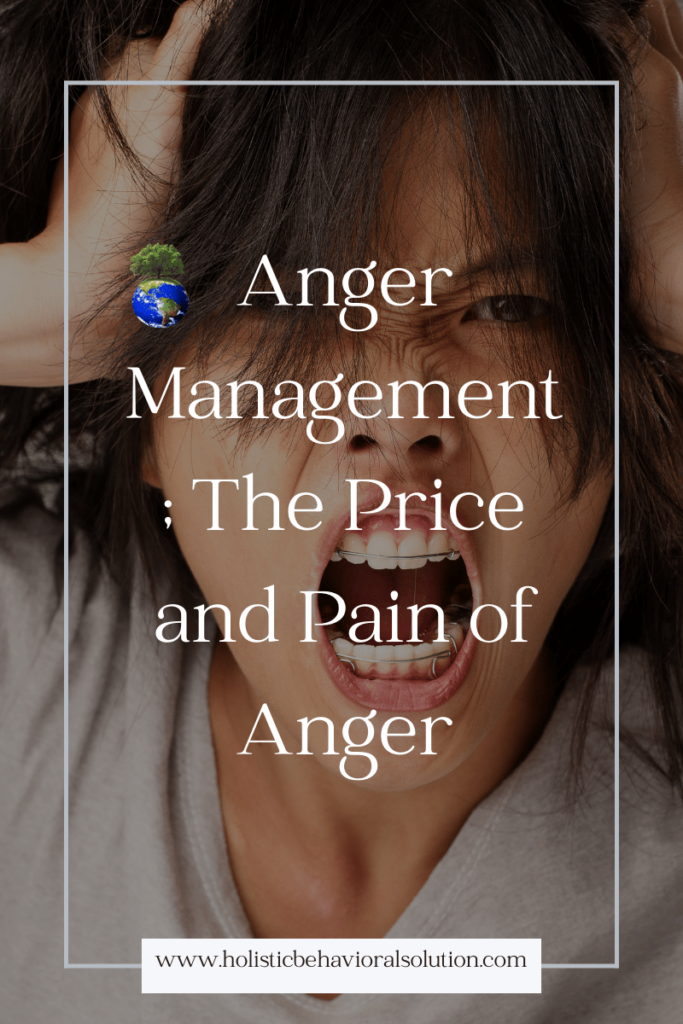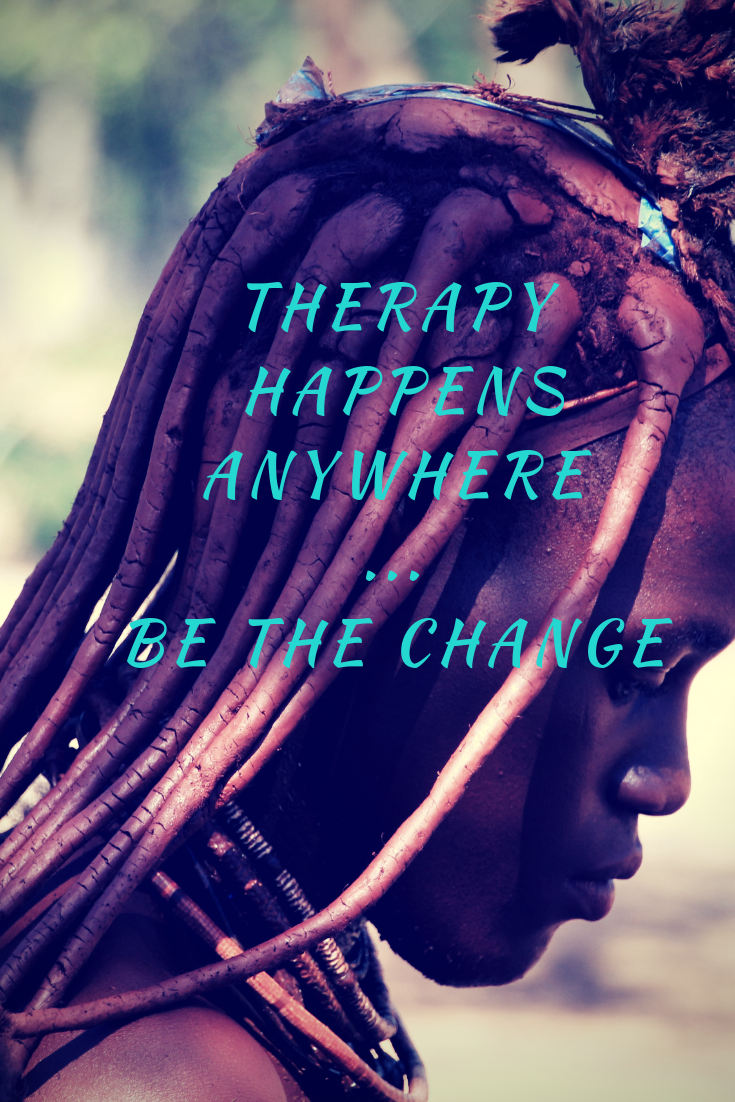
Anger Management and Navigating the Dual Nature of Anger
Anger can be an empowering emotion; it can motivate and activate you when you need to change your life. It can assist you in making clean breaks and can protect your ego when you are most vulnerable. We can use anger to defend ourselves emotionally and physically. The adrenaline rushes through our bodies, causing a temporary surge of strength that we can use to get away or fend off our attackers.
Anger can be healthy and productive; it is a natural and necessary part of the human experience and an emotion that needs to be addressed respectfully. Think of rage as a complex and sometimes overwhelming emotion; it can both empower and destroy. Anger is an intrinsic part of the human experience, capable of motivating change and protecting our most vulnerable selves. Yet, without mindful management, anger can lead us down a destructive path, affecting our relationships, opportunities, and overall mental well-being.
The Empowering Aspect of Anger
Anger is not inherently negative. At its core, it is a response to perceived threats, injustices, or frustrations, serving as a catalyst for change and action. It can be the driving force behind making pivotal life decisions, setting boundaries, and advocating for oneself or others. The adrenaline rush accompanying anger provides a temporary surge of strength, preparing us to defend ourselves both emotionally and physically.
The Destructive Path of Anger
However, anger’s intensity can also lead us astray, prompting actions and reactions that may cause harm to ourselves and those around us. Anger can also be destructive, emotionally taking us to places we need not go; it can be used to harm ourselves or others and can be counterproductive for our overall growth and well-being.
We all know people in our lives with anger issues, and we see the consequences: the isolation, the missed opportunities, and the fear that others feel, resulting in distancing in one way or another. The aftermath of anger-driven decisions often includes loss and strained relationships. Recognizing the destructive potential of unchecked anger is crucial in mitigating its impact on our lives and the lives of others.

Recognizing the Signs of Anger
The journey to managing anger begins with recognition. The physical and emotional manifestations of anger—tight muscles, clenched jaws, shallow breaths, and an overwhelming sense of fatigue post-expression—are telltale signs that our bodies are in a state of heightened alertness, ready to confront perceived threats.
Each individual is different in expressing anger; additional signs include tightness of the muscles, clenching of the jaw, shallow breath, shaking, a roar in your ears, dry mouth, etc., as the body prepares to fight. After expressing anger, either physically or emotionally, clients report a feeling of fatigue, sometimes stating that they are drained. This is the price of unchecked anger, draining us of all our resources. Acknowledging these signs is the first step toward understanding and ultimately controlling our anger.
The Intersection of Anger and Mental Health
Anger intricately intertwines with our mental health, influencing and being influenced by our emotional state. Sometimes, the mere acknowledgment of our anger can be enough to temper it; other times, we may need to devise strategies to cope with this volatile emotion. Developing a personal plan for anger management is essential for maintaining emotional equilibrium.
The Art of Anger Management
Anger management is a skill that ideally should be nurtured from childhood, teaching us to exercise restraint and self-control while addressing the root causes of our anger. Reflecting on past experiences of anger and considering more productive and efficient responses can be enlightening. Anger management is a skill that we all need to learn.
Anger management allows us to practice restraint and self-control while addressing our issues effectively. Think back to the last time you were angry and how you could have handled that anger more productively and efficiently; make your anger work for you! Ask yourself if you need specific help with elements of anger management and what that help looks like. It encourages us to make our anger work for us, not against us.
Seeking Help When Needed
Recognizing when we need help with anger management is a sign of strength, not weakness. If you find yourself struggling to control your anger or if it’s impacting your quality of life, seeking professional help can be a transformative step. Whether through therapy, support groups, or self-help strategies, investing in anger management is an investment in your well-being and future. Sometimes, just recognizing that we are angry is enough to keep our emotions in check; sometimes, we must develop a plan to cope with our anger and negative emotional states.
Our Conclusions About Anger
Anger, with its dual nature, presents both challenges and opportunities for personal growth. By understanding its roots, recognizing its signs, and learning to manage its expression constructively, we can harness anger’s energy for positive change. Embracing anger management techniques and seeking help when necessary are pivotal steps toward achieving emotional balance and enhancing our mental health. Remember, navigating the complexities of anger is a journey, one that requires patience, understanding, and a commitment to self-improvement. If your internal self is asking for help with anger management, schedule some time for that today. You are worth it.
The Holistic Store
While we are thinking that through, boost your connection from the inside out with our wellness supplements and supplies. Check out our store for products that help you feel your best, making it easier to open up and connect on a deeper level.


I think the article on the price of anger is a good article and reflects the views of a lot of people today. speaking as a group who believes we suffers from anger how do you learn not to turn that anger on the ones you love when trust has become and issue. Most anger comes from confrontation with the unexpected and unknown, the fear invovled in these situation can confuse any individual into improper actions that causes those around the person to begin to question your repsonse. Again We repeat anger can be a result of the unexpected and the unknown, but anger can also be a result of deception, infidelty, financial hardship etc…. and the list goes on. I agree with HBS that any indiviual who is angry should have a program to help deal with that anger. Do you have any suggestion on how a angry individual should deal with anger stemming from some of the topics mentioned in this post or in any other indiviuals you may have come accross in your profession.
at the top of the article it says hope and the power of resiliency. when it comes to anger are you suggesting you must adjust your anger to the situation. it seem as if you may potentially lump everyone with anger issues into one pile and not looking into what they are angry about or how there upbringing has trained them to deal with anger. most people with ager issues tend to be neglected, abused or down right insulted by the ones who claim they loves these indiviuals. is there anger a snap shot reaction to years of betrayal or with hope and the power of resiliency will they get some of the important life themes they may crave honesty, true love, and most importantly people who will not run out on them because they are not what they used to be or never became what they should have been.